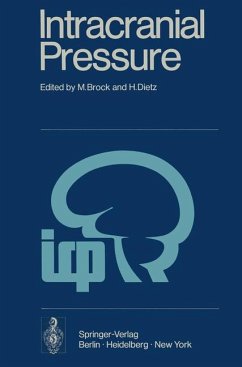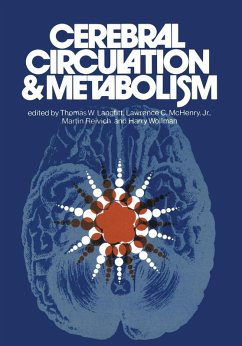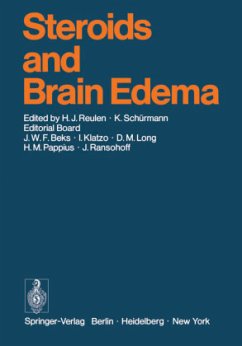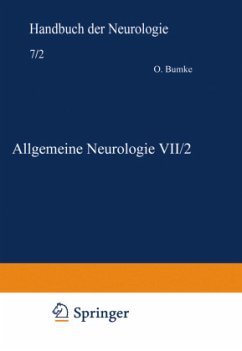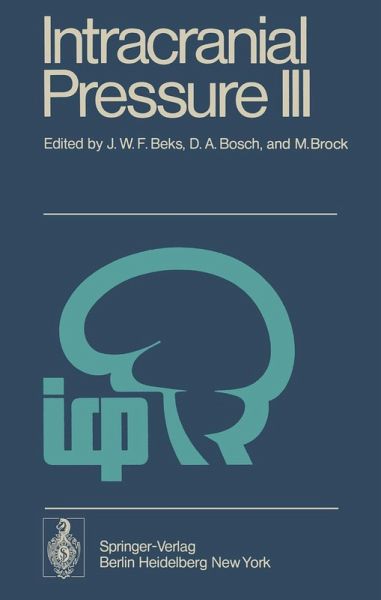
Intracranial Pressure III
Proceedings of the Third International Symposium on Intracranial Pressure, Held at the University of Groningen, June 1-3, 1976
Herausgegeben von Beks, J. W. F.; Bosch, Dirk A.; Kasner, Mario

PAYBACK Punkte
39 °P sammeln!
The papers presented at the Third International Symposium on Intracranial Pressure that was held at the University of Groningen. June 1-3, 1976 are brought together in this volume. After the successful meetings in Hannover and Lund the feeling of the Advisory Board was. that the third meeting should have more clinical implications. and therefore 7 out of the 10 Sessions deal with clinical problems. That there is still a growing interest in the problems of the intracranial pressure appears from the fact that 152 papers were submitted. Unfortunately only 56 could be read. due to lack of time. Th...
The papers presented at the Third International Symposium on Intracranial Pressure that was held at the University of Groningen. June 1-3, 1976 are brought together in this volume. After the successful meetings in Hannover and Lund the feeling of the Advisory Board was. that the third meeting should have more clinical implications. and therefore 7 out of the 10 Sessions deal with clinical problems. That there is still a growing interest in the problems of the intracranial pressure appears from the fact that 152 papers were submitted. Unfortunately only 56 could be read. due to lack of time. The selection was made by the members of the Advisory Board. It is a pity that so many good papers had to be rejected because they did not fit in the program. It was decided in a meeting of chairmen and co-chairmen during the symposium that the next congress will take place in 1979. to keep away from the CBF-meeting in June 1977 in Copenhagen and the "Brain-Edema" meeting in 1979 in Bethesda. This fourth symposium will be held in Williamsburg (USA) and prepared by Donald P. Becker. Douglas Miller. Gerald M. Hochwald and Kenneth Shulman.



